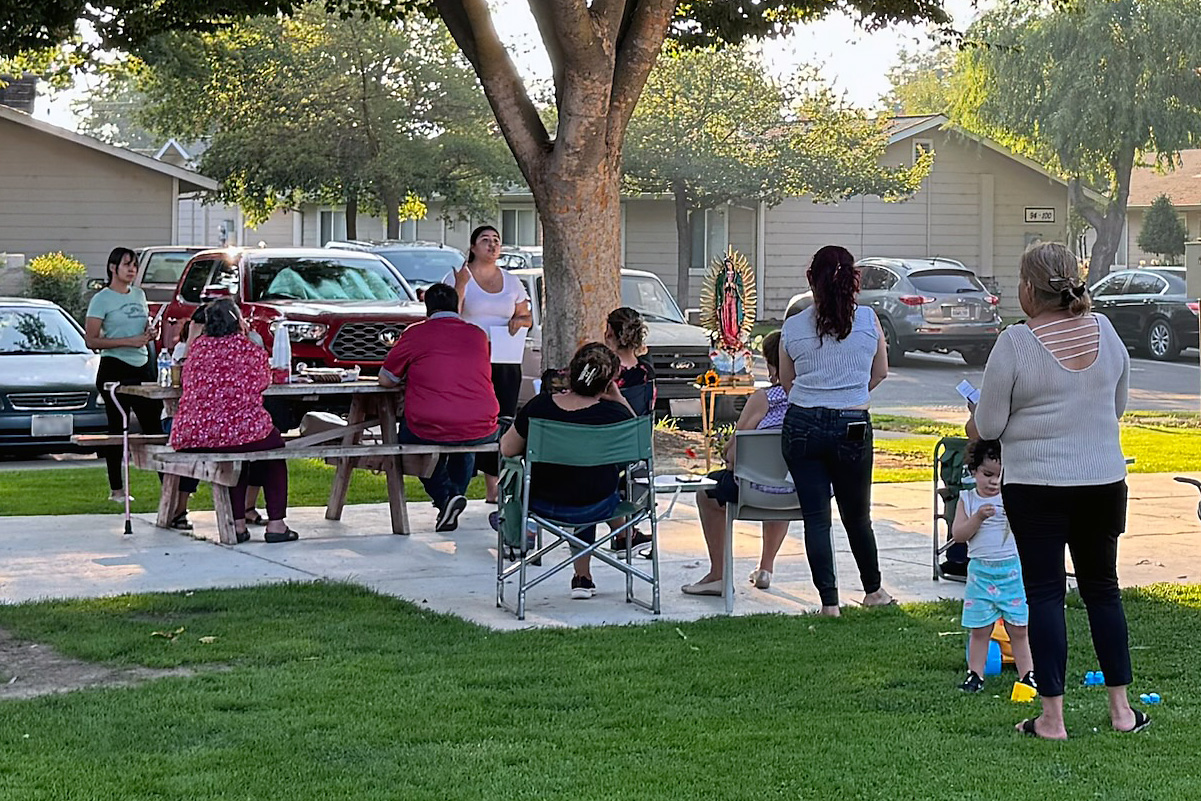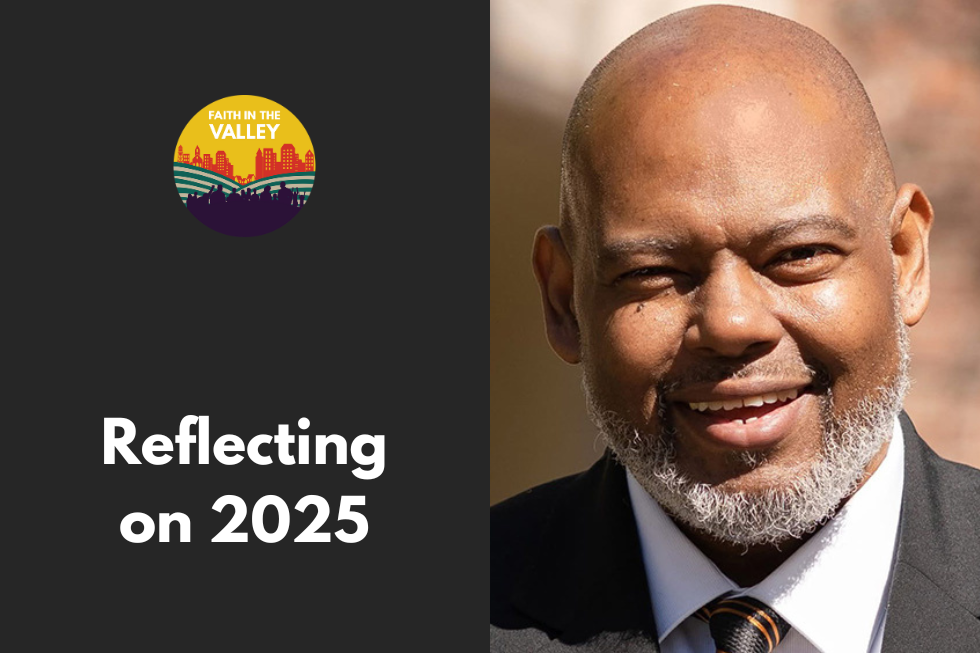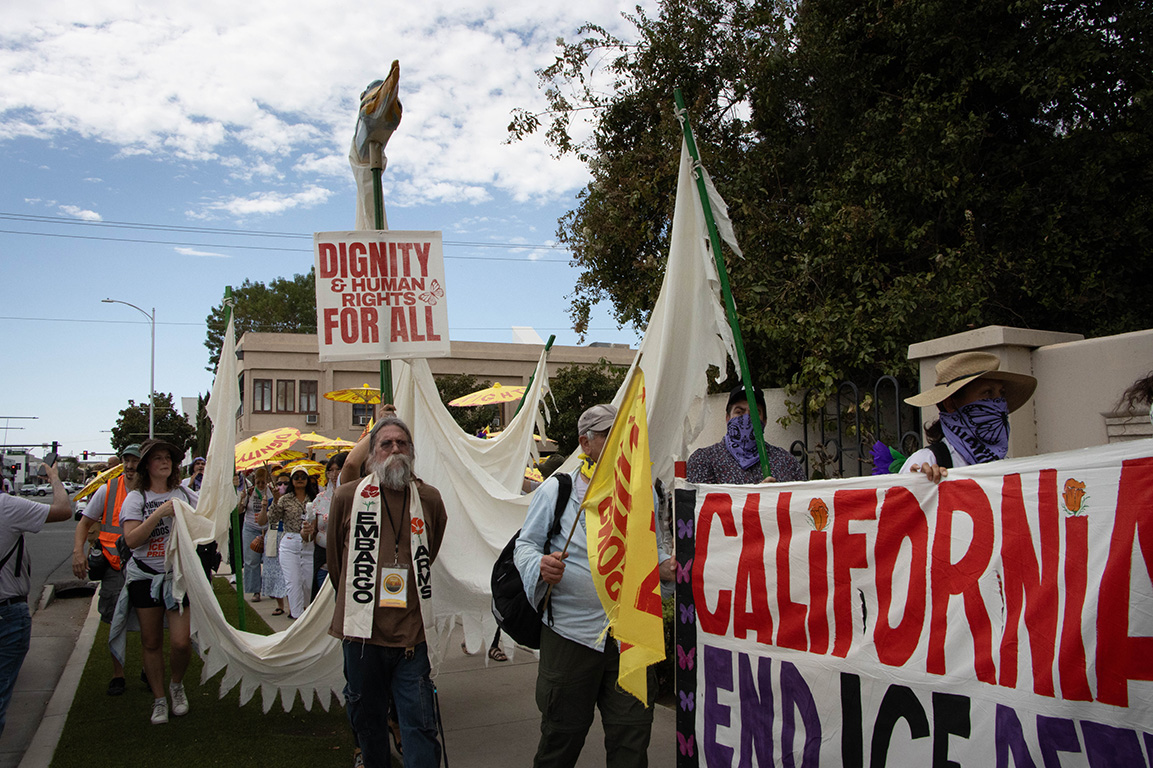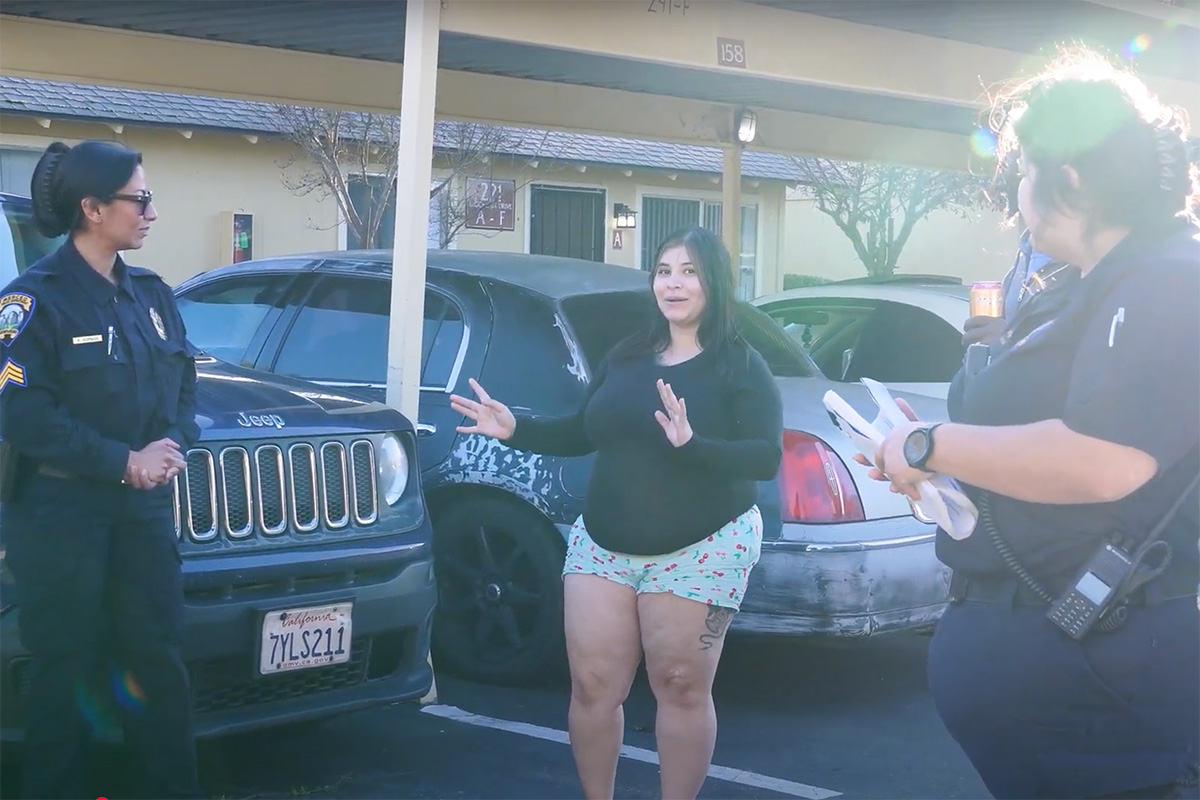2025 has been a revealing year. A year that laid bare the fractures of our…

Our Fight to Stop a Law from Displacing Thousands of Farmworker Families in Stanislaus County
Every voice counts and, when we unite, we can turn the tide of any legislation that threatens our communities.
That’s exactly what we’ve been doing with California’s AB 2240—a bill that, if left unchecked, could have displaced thousands of seasonal migrant farmworker families who live among us in the Central Valley.
Why should you care?
Because these are the folks who feed our nation, and their stability is our stability.
This is a story about community strength, relentless advocacy, and what happens when ordinary people grab hold of the levers of power.
AB 2240, introduced by Assemblymember Dr. Joaquin Arambula, targets the housing needs of California’s seasonal migrant farmworker families. Originally, this bill risked displacing thousands by potentially upending the stable housing provided by the Office of Migrant Services centers.
When we first brought up AB 2240 at the Empire migrant camp center in Stanislaus County, the room filled with a palpable tension.
The community was shocked. Many were grappling with the bill’s implications for the first time.
“They were deeply concerned,” recalled Griselda Rojas, one of our community organizers in Stanislaus County. “Once we explained the bill, a wave of fear and frustration swept through them. It wasn’t just about housing—it felt like an attack on their entire way of life.”
However, what started as fear quickly transformed into a formidable force of determination.
Our team of organizers and leaders laid out the bill in terms everyone could understand, which shifted the atmosphere from fear to a focused resolve.
The residents didn’t just sit back. They leapt into action.
Ideas flew around the room, Griselda said—from canvassing within the camp to making advocacy calls to legislators.
Before we knew it, they were connecting with neighbors and other centers, spreading the word and rallying more people to get involved in their cause.
The personal stories they brought to the table were poignant and powerful.
During a meeting with Assemblymember Arambula’s office, the air was thick with the gravity of what was shared.
One resident, with her voice steady but heavy with emotion, spoke of how the center’s stability allowed her children to stay consistently in school. Another, a determined father, shared the bleak alternatives his family faced if displaced: homelessness or a return to unsafe, overcrowded living conditions.
“Their testimonies put a human face on the statistics,” Griselda said. “They weren’t just talking about buildings. They were talking about their families and their futures.”
The impact of these efforts was nothing short of transformative.
Thanks to vocal community advocacy, the bill was amended to protect these families’ stability—a testament to what can happen when voices that are often sidelined in political discourse are brought to the forefront. The amended bill authorized the California Department of Housing and Community Development to keep its 24 migratory farmworker housing centers open year round, rather than operate only a few months a year.
For us, as an organization dedicated to putting our faith into action to fight for social justice and build power, this campaign has been a profound reminder of why we do what we do.
It’s about empowering those who feel powerless. It’s about changing the narrative from being done to doing.
And this victory is just the beginning.
The amended bill, while a significant step, introduces new processes that we must stay actively engaged with. We need to ensure that the promises made are promises kept.
So, what’s next?
We keep the momentum going. We continue to educate, advocate and empower. Our work isn’t done until every member of our community can feel secure in their future.
That’s why we invite you, our community, to join in this ongoing effort.
Whether it’s by spreading the word, attending community meetings, or even just talking about these issues with friends and family, your involvement matters.
Together, we’ve already made a difference. But together, we can do so much more—for justice, for equity, and for each other.



